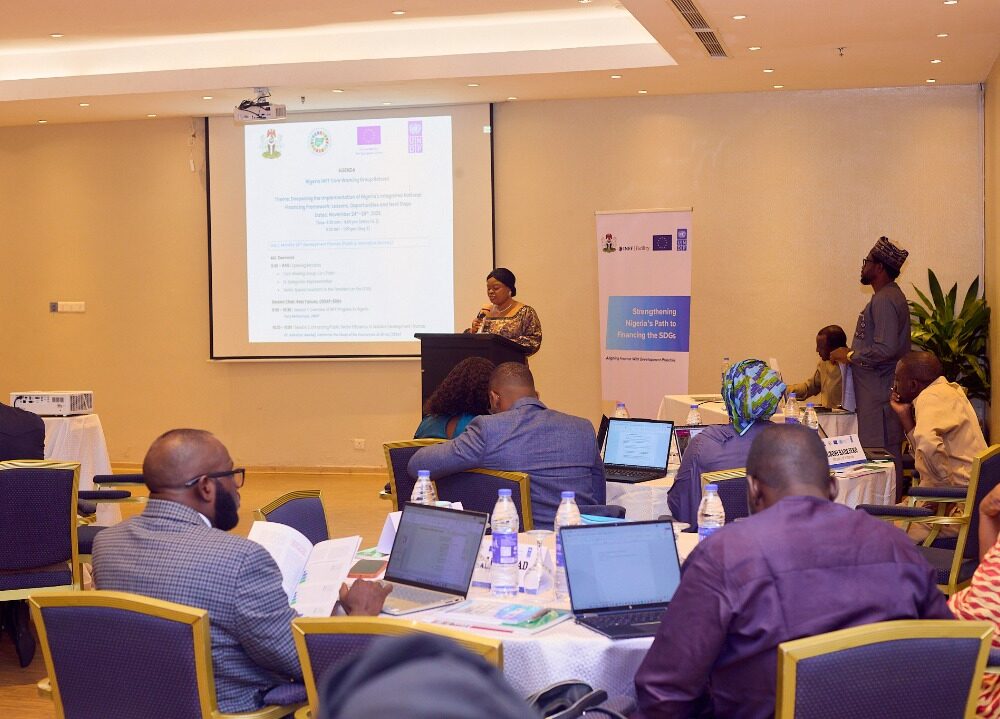One of the factors that determined the just concluded elections in Nigeria is religion. Oh, agreed, in our politics, religion has always been a factor in determining winners and losers. But never before was it flagrantly flaunted and made to be the driving force than in 2023.
Unfortunately, shepherds led their flocks by the nose, feasting on their ignorance of their faith. What happened buttressed the fact that where there is ignorance, charlatans make hay or, more succinctly put, the one-eyed leads in the country of the blind.
The constitutional democracy we are practising is neither Islamic nor Christian. No doubt, like many other things in life that are secular, certain fundamentals of religion guide it because humans know intuitively that certain things are right or wrong, but that’s that. And this is why the prophet of Islam, Muhammad (peace be upon him), who revealed that humans are born with the knowledge of God but circumstances make us what we are after, told us to listen to our hearts (conscience) even when a preacher does his preaching – or something akin to that, and this is what Sir William Blackstone called “Natural Law.
Sir William Blackstone was an English jurist, judge and Tory politician most noted for writing the Commentaries on the Laws of England.
This is how he defined natural law: “Thus when the Supreme Being formed the universe and created matter out of nothing, He impressed certain principles upon that matter, from which it can never depart, and without which it would cease to be… so that when He created man and endowed him with freewill to conduct himself in all parts of life, He laid down certain immutable laws of human nature, whereby that freewill is in some degree regulated and restrained, and gave him also the faculty of reason to discover the purport of those laws. These are the eternal and immutable laws of good and evil, to which the Creator Himself in all his Dispensations conforms; and which He has enabled human reason to discover, so far as they are necessary for the conduct of human actions… that we should live honestly, should hurt nobody, and should render to everyone his due.” (Christian History of the Constitution, 1960, p. 142)
He further said: “This Law of Nature, being coeval with mankind and dictated by God Himself, is, of course, superior in obligation to any other. It is binding over all the globe in all countries, and at all times: no human laws are of any validity, if contrary to this; and such of them as are valid to derive all their force, and all their authority, mediately or immediately, from this original.”
He went on to define Revealed Law as the law given to us by God in Scripture. He then clarified that all man-made laws must be in the right relationship with the previous two laws (Natural, Revealed). Scripture supports the order of the way God gave the law to humans, first natural, then revealed, then governmental.
Both Islam and Christianity believe humans, as a creation of God, have a right to life and to possess property. Humans have the right to self-defence to protect their rights to life and ownership of property, and it is considered jihad in Islam to do so.
And this is what, for example, Lockean (John Locke) Enlightenment philosophers call Natural Law. A good example is the killing of Abel by Cain. Was there a recorded religious law before the act that frowned on murder? Natural Law philosophers would tell you that Cain’s crime was depriving Abel of a natural right – the right to life.
And so, these are the bases of all religions and all governments, especially ours, formulated by man for man. They are based on our intrinsic understanding of what is good or bad, which syncs with the word of God but is not fundamentally based on it. This is why it is called secular, that is, not overtly or specifically religious. The word secular is derived from the old French seculer, from Latin saecularis, from saeculum ‘generation, age’, used in Christian Latin to mean ‘the world’.
And so this is why all types of religious adherents, including atheists, can contest together and against one another. Had the government been religious, there would never have been any argument. No Muslim is fit to contest for anything in a Christian government, just as no Christian would be eligible to contest with Muslims in an Islamic government.
Elsewhere, I observed that there is nothing religious about any of the tickets or candidates. To begin with, any position that is Islamic will not be contested for by a Christian and vice versa. And this is why no Muslim president will begin minuting on a file with the name of Allah or a Christian in the name of Jesus. Each one of them will preside over Nigeria according to the dictates of the manmade constitution. Nothing more, nothing less.
The two leading Muslim contenders have all identified with Christians. For instance, Atiku Abubakar has praised the agenda for national development brought to him by the Christian Association of Nigeria (CAN) while Tinubu has tried to assuage their fears over the Muslim-Muslim ticket by telling the Christians that his wife is a pastor and some of his children are Christians. His running mate, Kashim Shettima, had earlier told Muslims that their interests were to be taken care of by the Sultan of Sokoto while saying he had rebuilt thousands of churches as well as taken thousands of Christians to Jerusalem.
For these reasons, we should not allow ourselves to love or fight any of them based on their ethnicity or religion because none of these defines any of them. And this is why those being presented as the representatives of the competing religions neither know the religion nor practise it in its undiluted form.
And so, our government is not what the Imams, Bishops, or the Christian Association of Nigeria (CAN) want us to believe. They speak based on their interests and dance to the drumbeats of those who fill their pockets. It is only the Muslim/Christian who is ignorant (a jahil) of Islam/Christianity that will believe they are fighting Allah’s/Jesus’ cause based on the brouhaha we just witnessed.
Another contentious issue we witnessed was when some people designated Lagos as a “No-man’s-land”. They, therefore, swore to take it and make it theirs. Surely, that’s what happens when you appropriate what has no owner; you become the new owner. But is Lagos a “No-man’s-land” or does it have an “owner”?
Next week we are going to look towards answering this puzzle.
Hassan Gimba is the Publisher and Editor-in-Chief of Neptune Prime.





